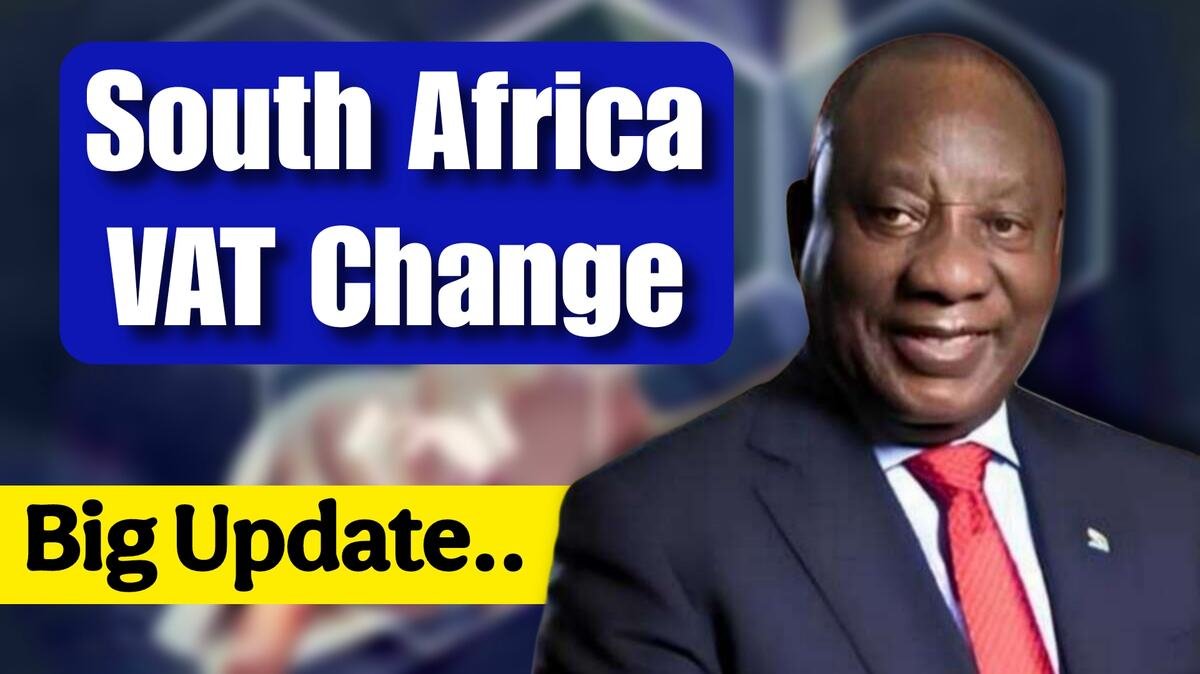Big changes are coming in 2025 for South Africa’s Value-Added Tax (VAT) system, and businesses have gotten talkative with these developments among consumers and themselves. These proposed changes are part of what the government plans to do to stabilize the country’s economy and streamline revenue collection alongside putting the tax framework into a more fair distribution. Here is what you need to know regarding the changes that could happen and their effects.
Why Are VAT Changes Under Consideration?
The government has suggested that the current VAT system must be reappraised because of the mounting financial pressure on public services and infrastructure. As a major source of revenue, South Africa could use these adjustments to nourish the treasury and check the continuous budget deficits existing in the country. The scales between enhancement and revenue generation on individual citizens should also be part of these new changes.
What Changes Can Be Expected?
Where specific details are a matter of ongoing discussion, there are rumors about certain key changes to be expected:
- Increase in VAT Rate: There is expected to revise upward South Africa’s prevailing VAT rate of 15 percent. For instance, if the proposed increase were 1 percent, it could generate billions more in revenue.
- Expanding the VAT Base: Certain goods and services that were previously exempt or zero-rated may likely be included in the VAT base. This could affect sectors regarded as VAT-free zones-such as education, healthcare, and public transport.
- Targeted Relief Measures: To cushion the possibly negative effects this may have on low-income households, the government could expand the provision for zero-rated essential items like food staples and basic supplies.
- Improved Enforcement: In addition to changing rates and coverage, the government is putting in place stringent compliance measures to tackle noncompliance through VAT evasion.
Effects On Business And Consumers
An increase in VAT should raise the price for the consumer as businesses pass the increased costs. Small and medium-sized enterprises (SMEs) will have to change their operations, particularly in those sectors where they face the removal of the exemption.
Probably, the low-income households would be affected most, despite any possible measures to relieve them. However, having a wider base for VAT would create a fairer tax system whereby higher-income groups would also pay their fair share.
Conclusion
South Africa is now bracing for VAT changes in 2025, and stakeholders prepare for changes and public consultation. Indeed, the reforms may have possibly long-term benefits to the economy, but the government must take care in introducing these effects to avoid undue hardship to particular vulnerable portions of the population.
Also Read: Working While Receiving A SASSA Grant: What The New Rules Say
